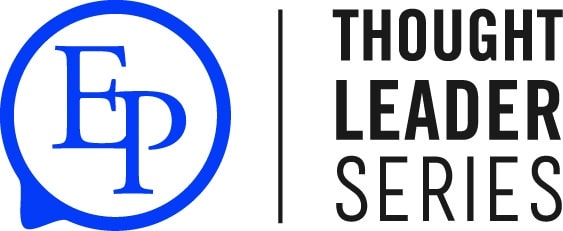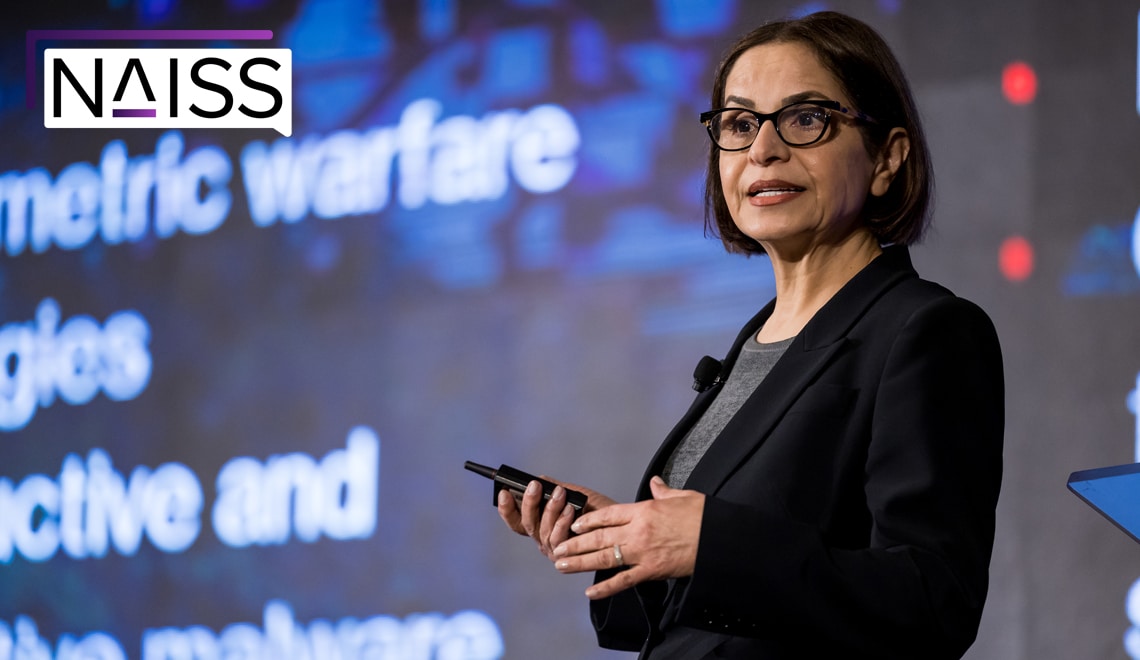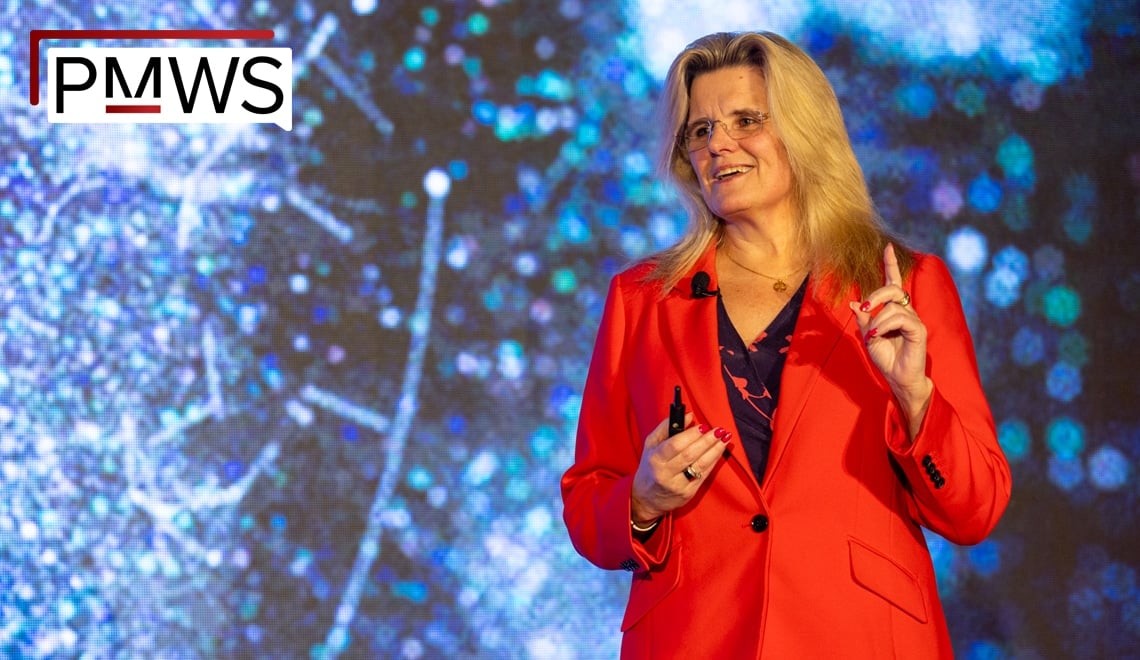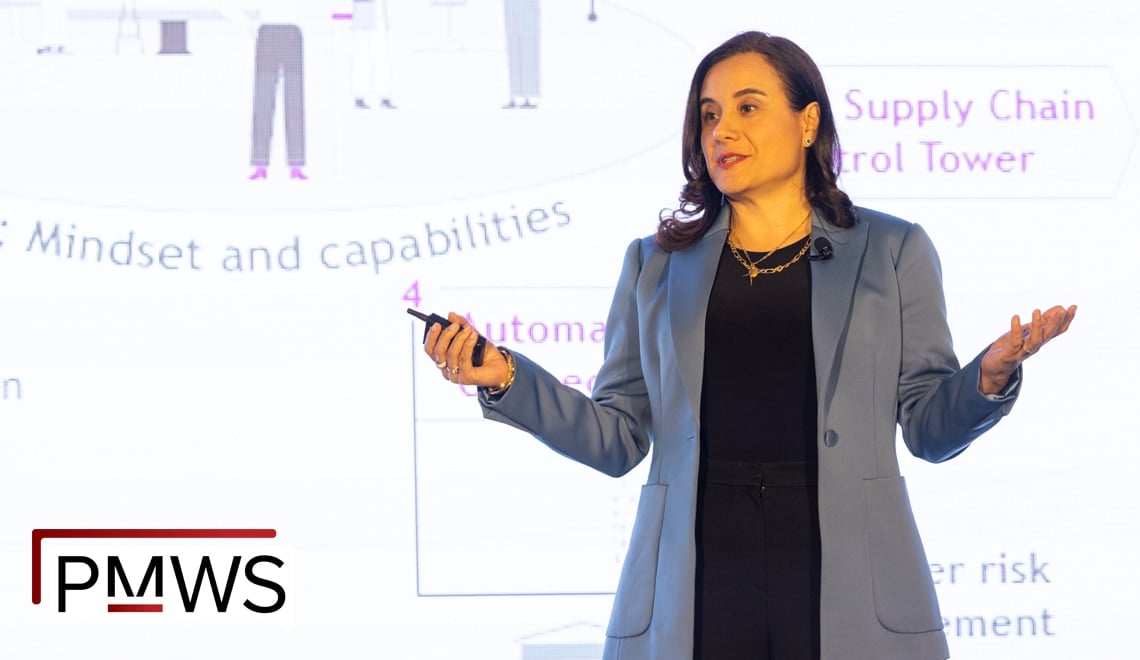- As many as 20% of patients eligible for approved cell therapies are dying on the waitlist due to manual manufacturing bottlenecks
- Cell therapies are being approved as earlier lines of treatment, and promising clinical trial data for new indications, such as autoimmune diseases, is resulting in a massive increase in the eligible patient population
- The creation of cell therapy manufacturing capacity to treat the total global patient demand for these life-saving medicines is a medical and commercial imperative
Fabian Gerlinghaus
Co-Founder & CEO
Cellares
Fabian Gerlinghaus is Co-Founder and Chief Executive Officer of Cellares. He is driven by a strong sense of purpose and is passionate about meeting total patient demand for cell therapies globally. With 10+ years of experience as an innovator and a leader, Fabian has established a track record of assembling top-performing teams to successfully drive novel bioprocessing technologies from ideation to commercial readiness. Prior to co-founding Cellares, Fabian served as Chief Innovation Officer at Synthego, where he co-invented the company’s proprietary RNA synthesizer technology and helped grow the company from five to more than 230 employees. He successfully led the interdisciplinary team that took synthesizer technology from whiteboard sketch to production-ready instruments within two years, enabling the company to be the first to market with its CRISPR/Cas9 product portfolio. He earned a master’s degree in aerospace engineering from the Technical University of Munich, and an honors degree in technology management from the Center for Digital Technology and Management, Munich.
—
Cellares
Cellares is creating the future of cell therapy manufacturing and accelerating access to life-saving cell therapies. The company is developing a one-of-a-kind solution to overcome the limitations associated with manufacturing cell therapies that are more affordable and widely available to patients in need. With Cellares’ proprietary platform—the Cell Shuttle—biopharma companies, academic research centers, and CDMOs will no longer have to compromise by either choosing a manufacturing platform that is semi-automated but lacks workflow flexibility, or one that provides customization but not the end-to-end automation needed to manufacture at scale. The company is headquartered in South San Francisco, Calif.

















